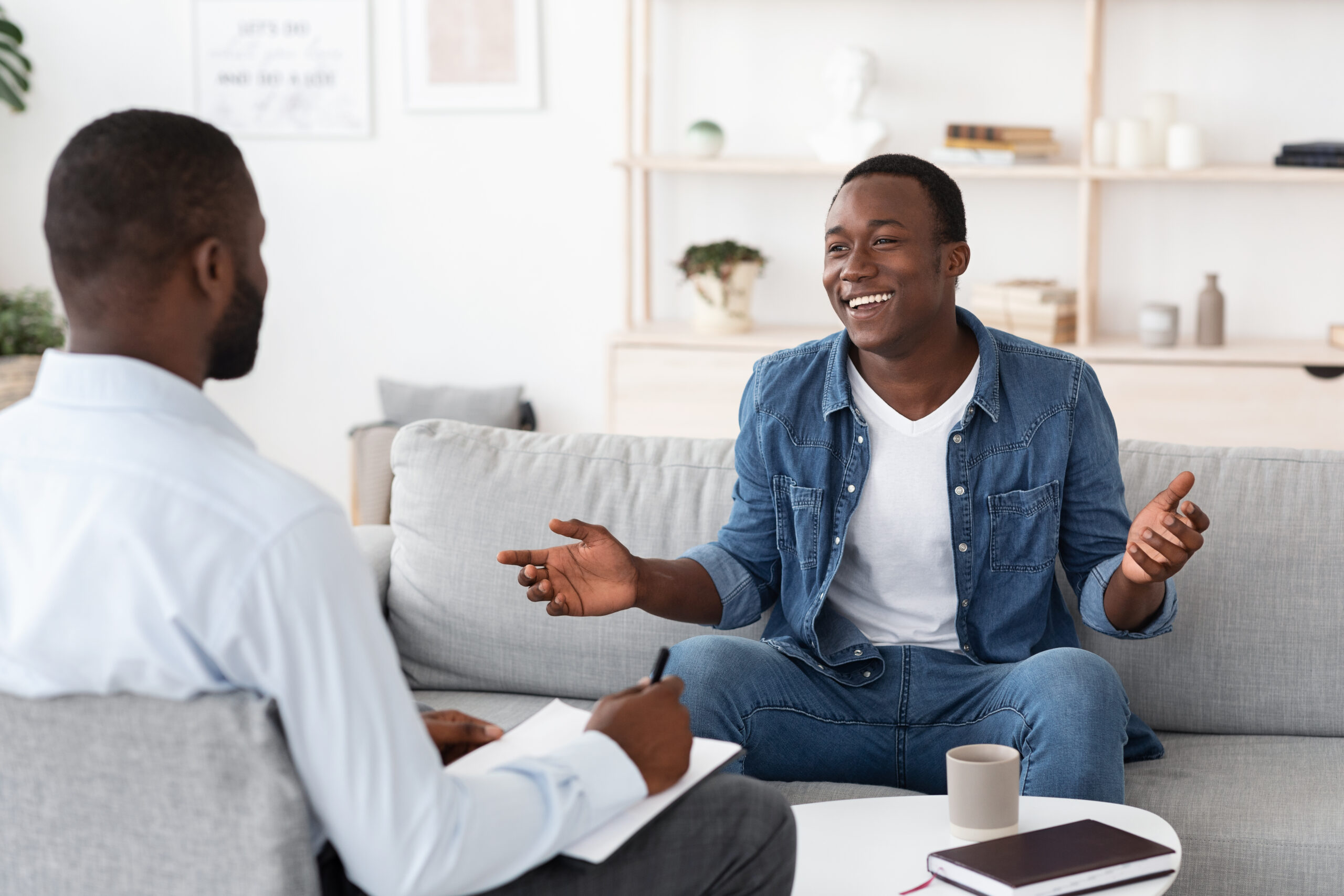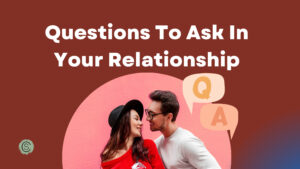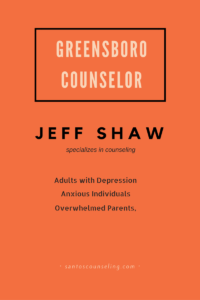Dating Someone With Anxiety And What To Expect
Are you dating someone with anxiety?
What can you expect when dating someone with anxiety?
I wanted to write this piece with a personal touch. As a side note, this is Juan Santos, with Santos Counseling PLLC. I have anxiety and it’s something that impacts my relationship.
I first started noticing my anxiety as a child when taking tests. I remember studying for days and finding myself during the test day completing going blank. A nervousness flowed through me that literally erased my memory of what I had studied.
In my relationship, anxiety has shown up in confrontations. I think most people that live with anxiety can relate to this one. It’s an anxious feeling you get when you are in a space of confrontation. Such as when having a difficult conversation or when even thinking about a potentially challenging conversation to have.
What to expect when dating someone with anxiety?
- They may have a difficult time trusting others.
- They may be more sensitive to certain issues or situations.
- They may avoid confrontation.
- They may struggle with taking feedback.
Dating someone with anxiety requires that the couple and the individual engage in certain practices.
6 Things To Know When Dating Someone With Anxiety
1. Find space to work on yourself.
This can come in the form of reading a self-help book, attending a course on anxiety, or working with a licensed mental health counselor. You are welcome to reach out to Santos Counseling PLLC, we have highly skilled counselors that specialize in anxiety.
2. Learn more about anxiety disorder.
When I work with individuals or couples, I try to encourage the practice of education. It can be extremely helpful to gain further understanding of the anxiety that your partner experiences. This will help you develop compassion and empathy. In addition, it’ll make it easier to understand what to expect. Which is always nice.
3. Understanding the cycle of anxiety can help your relationship thrive. You may notice that your partner’s anxiety shows up in a certain way. Typically, anxiety has 4 key parts.
- Situation. The situation for anxiety can range from a high-stress moment to a memory of past trauma. In essence, the situation is the trigger.
- Thoughts. The thoughts that you experience work to fuel the anxiety as it builds strength.
- Feelings. After the thoughts, come feelings that directly connect to the anxiety.
- Behavior/Physical Change. The final step is the change in behavior.
Below is an example to help you better understand the cycle of anxiety. As you read over the example, keep in mind how this may apply to your relationship.
- Situation: You get home and know that you have to have a conversation with your partner.
- Thoughts: “I can’t do this.” or “I’m not going to get through this.”
- Feelings: You feel on edge, worried and nervous due to the confrontation aspect connected to the upcoming conversation.
- Behaviors: Your heart is racing, your hands are sweating, muscle tension around your shoulders, and a headache.
4. Find time away from the relationship for self-care.
It’s important to remember that a healthy relationship is one in which you maintain your autonomy. My encouragement is that each partner finds space to engage in their own independent form of self-care. In my relationship, this shows up when my wife exercises on her own or when she spends time reading. This is her space to be alone and recharge.
5. Your partner is not the disorder.
I’ve known about my anxiety for years yet I am not my disorder. I think it’s important to keep an eye on how you are treating yourself and the way language is exchanged. For instance, we can steer away from saying “you are such an anxious person” to “I notice that when we go to our friend’s home you are a bit less talkative. Can you tell me more about that?”
The second example is healthy and steers away from labeling. Consider your relationship and how your language is connected to anxiety.
6. Get to know the symptoms and the type of anxiety your partner has.
Anxiety can show up in ample forms. I good idea is to have a conversation with a trained professional, such as a mental health counselor. Ask questions that expand on the different types of anxiety, common symptoms, and triggers of anxiety. The goal is to develop an understanding of anxiety so that together you and your partner can narrow down how it will show up in your relationship and life.
You may notice that someone with social anxiety may show different symptoms compared to someone with a generalized anxiety disorder.
Consider the example above and how you would navigate it with your partner.
Common symptoms of anxiety?
- Rapid heartbeat.
- Feeling nervous.
- Difficult concentrating.
- Trouble making decisions.
- Not sleeping well.
For more readings on anxiety follow the link below:






